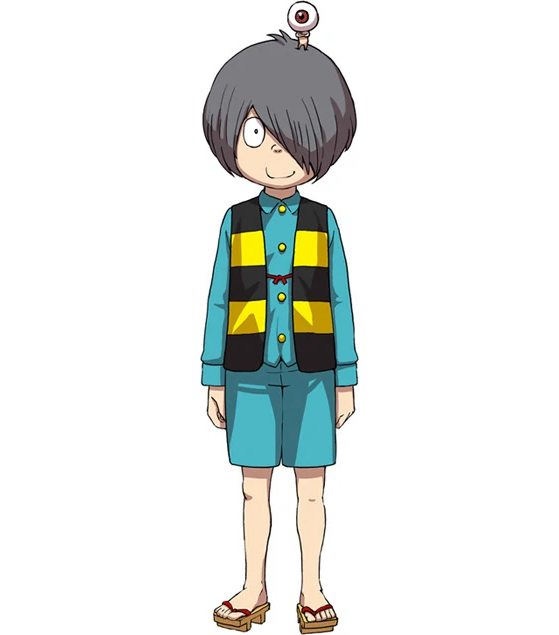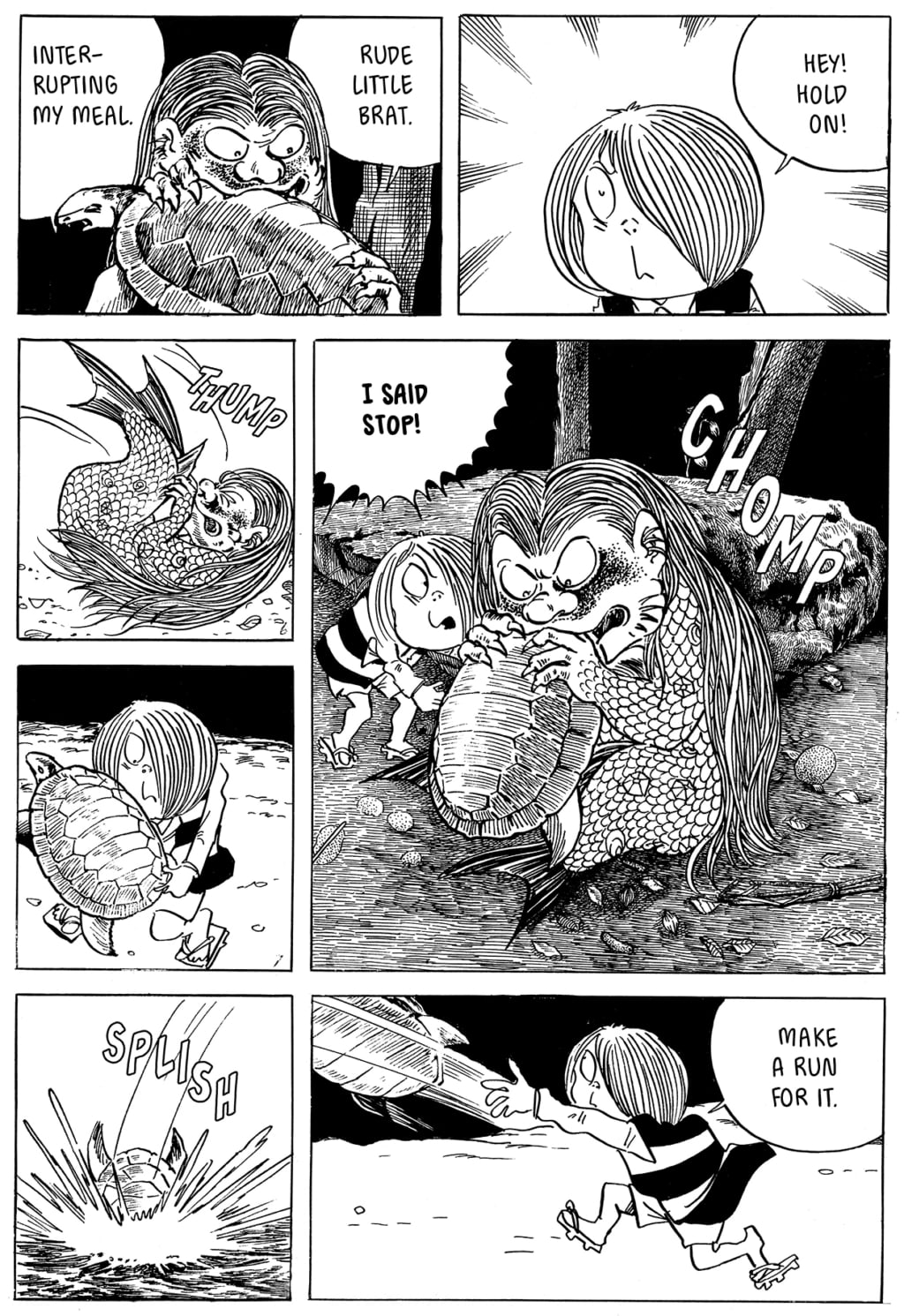

But technically, digital is much easier to use for editing and other stuff." Now, my equipment and synthesizers are all analog. I just loved the analog sound that it made compared to today's digital sound. Then I decided to buy another synthesizer to form a different type of sound. I turned one of the knobs slowly to make more wind-like noises. Finally, the first sound I got off this thing was a wind-like sound, but I was so elated that I actually made some noise, it didn't matter.
Kitaro biography how to#
I was trying to make sounds but couldn't! I tried for a whole day, but no sound ever came out because I didn't know how to program it or set it up. First of all, the instructions for the thing were in English so I couldn't read them. At that time I played keyboards, and then I discovered the synthesizer. I basically did it for the experience and to get a feel of all the clubs that were available in Tokyo and Yokohama. After graduating, I really wanted to be in the music business, so I moved to Tokyo and started looking for bands to play with. It created the base knowledge of all the instruments I use and need to create my current brand of music. It was a hard time for me, but a very good experience. the main reasons why I can play all these instruments I had a crash course in how to play them. Later, the bassist had injuries, so I had to learn how to play the bass. My drumming was not very good, but we got through the show in one piece. I had no experience at all on the drums, but I had to learn it because I was the leader of the band, and we had to do the gig. Before one of our gigs, the drummer was injured. I started out playing the guitar but then changed to the keyboards. "In high school, I was in an amateur band.

At that time, they performed in parties and clubs. While attending Toyohashi Commercial High School, he organized the "Albatross" band with his friends. I wonder 'Whose song is this?' I write my songs, but they are not my songs." I don't read or write music, but my fingers move. "It is from heaven, going through my body and out my fingers through composing. "This music is not from my mind," he said. He says of teaching himself, "I never had education in music, I just learned to trust my ears and my feelings." He gives credit for his creations to a power beyond himself. Kitaro taught himself how to play guitar, inspired by the R&B musician Otis Redding. Kitaro was born on Februin Toyohashi, Aichi Prefecture, Japan. Pseudonym "Kitaro" was given by his friends because of a Japanese television cartoon character named Kitaro. In 1976, Kitaro left Far East Family Band and travelled through Asia (China, Laos, Thailand, India).Kitaro is a new age composer and multi-instrumentalist. Schulze produced two albums for the band and gave Kitaro some tips for controlling synthesizers. While in Europe, he met the German electronica and former Tangerine Dream member Klaus Schulze. He joined the Japanese music group Far East Family Band which was formed in 1965, and toured with them around the world. In the early 1970s, he changed completely to keyboards. He supported himself by taking on several part-time jobs such as cooking and civil service work, while composing songs at night. In return, he left home without telling them. In an effort to maneuver him towards their vision, they made arrangements for him to take a job at a local company.

His parents were first opposed to the idea of their son having a musical career. His first synthesizer was analog, and he recalls having “just loved the analog sound that it made compared to today's digital sound”. After graduating, Kitaro moved to Tokyo to experience and become a part of the music scene, and it was there that he discovered the synthesizer. Kitaro was born in Toyohashi, Aichi, Japan, and is a graduate of Sahid University. He is the winner of a Grammy Award for Best New Age Album (Thinking of You (1999) with a record 16 nominations in the same category) and a Golden Globe Award for the Heaven & Earth (1993) original score. Kitarō (喜多郎), born Masanori Takahashi (高橋 正則, Takahashi Masanori) (February 4, 1953), is a Japanese recording artist, composer, record producer and arranger noted for his electronic-instrumental music, and is often associated and regarded as one of the most prominent musical acts of New-age music.


 0 kommentar(er)
0 kommentar(er)
